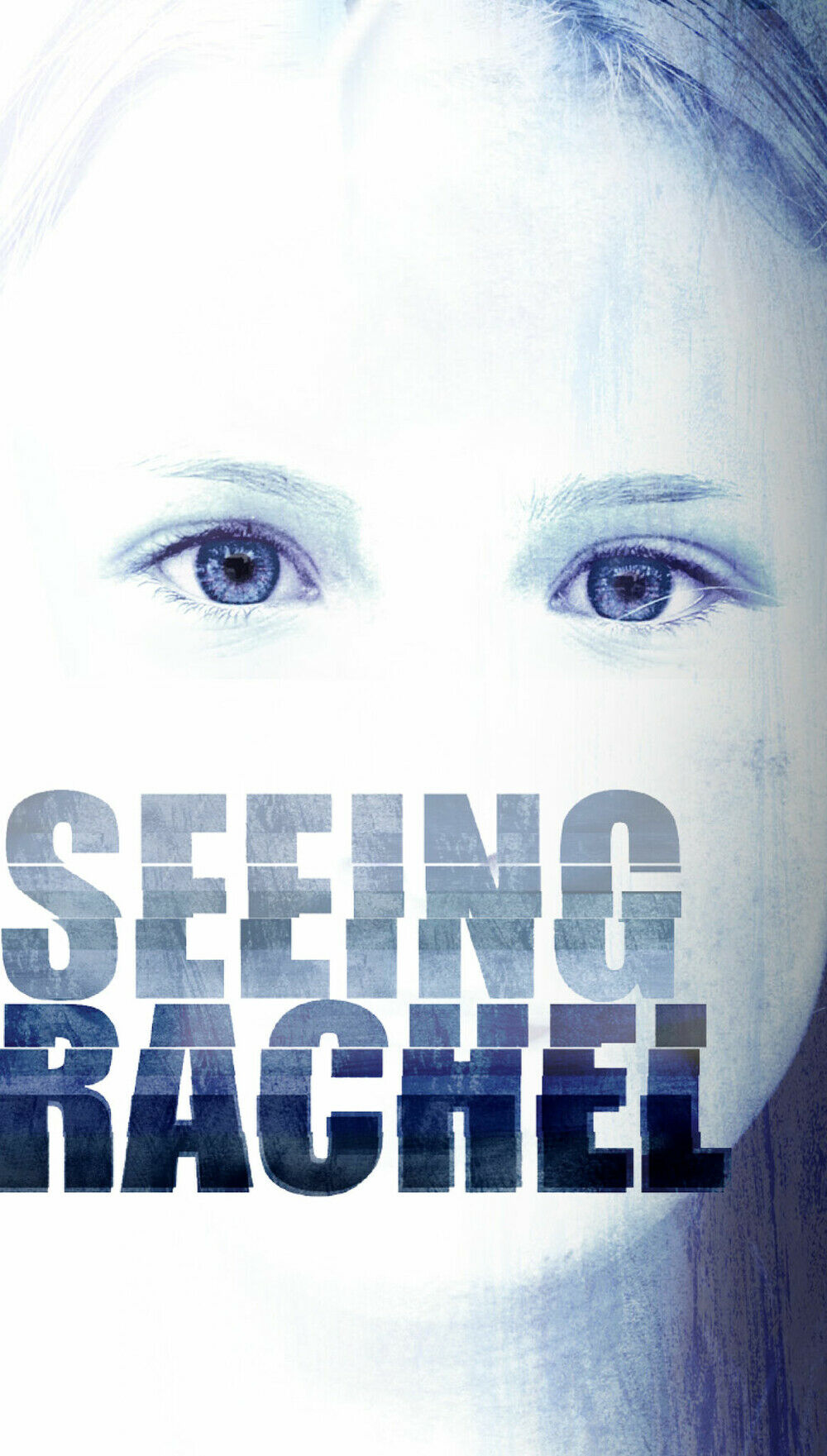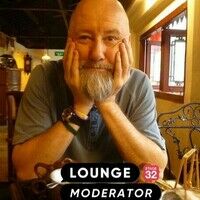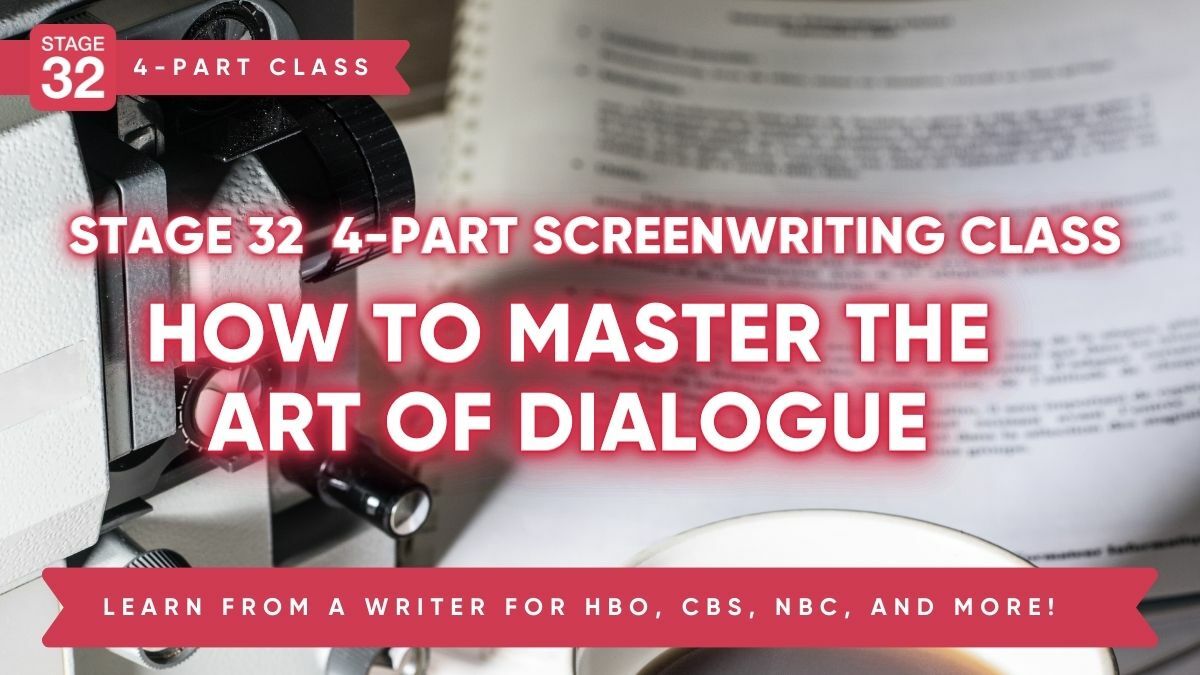
Tagline: Sometimes to overcome the darkness, you have to turn and face the light.
This was a paraphrase of Kieslowski’s reason for turning away from the darkness of documentary production in Poland, to the light of drama.
It was back in 2012 that I had a second lucid dream, this time more succinct than the one I had for “0wl:believe”.
I was asleep, whilst awakened in a darkened room. Actually it was more like a darkened stage, with its echoey sound. I heard footsteps running towards me, but I saw no shape or from behind those footsteps.
My heart began to pound and my breathing became more and more frantic.
And then I decided to turn on two sidelights on the edge of the stage, and there stood a young girl, who looked frightened, looking over her shoulder as if she was being chased. She said to me in a breathy, panicky voice. “My name...is Rachel Andersson. Please, don’t forget about me!”
And then she disappeared, the lights turned off and there was silence; except for my heart pounding, my breathing laboured, equally as panicked as Rachel's, by her appearing.
In the morning when the alarm sounded, I quickly wrote down what I had experienced.
And then of course, I’m thinking, what is the story behind this lucid dream? Had I remembered it correctly? Did she say “...don’t forget about me?” Or, don’t let ‘them’ forget about me?” Did that matter, or was it more important that she was not forgotten and if remembered by me, then knowing that my impulse would be to write a story about her?
This was after I had premiered a short film called ‘My Name is Sorrow’ which focused on one point-of-view of human trafficking and shot in a way so that the woman’s story came across without any male filters, but the sole voice was that of a woman. I had decided that I couldn’t earn a living from short film and so I had to find a feature length story that offered a wider-world perspective.
And so, a story was developed, of a young girl, perhaps 10 years of age, answering the questions in my head of who she was? Who were her parents and why was she being chased?
I believed I had found that wider-world perspective and it would be set within the oppressive environment of a sinister patriarchy!
Beyond the creation of a character-web and sketching out the skeleton of a story, I then began lengthy research about sex trafficking, how people become victims. And. I wanted to tear down the fallacy, that this always happened in someone else’s neighbourhood.
I found out that as beautiful as Bristol is, it was also a distribution hub for human trafficking, which not only focused on sex, but on indentured and domestic slavery.
I then looked at the international scene in America, Asia and Eastern Europe and made the decision that Bristol would become the world in miniature; a synecdoche.
I also researched other films on human trafficking and noted that that linear narrative of cause and effect, didn’t work but only served up a predictable storyline. Yes, the passion of the writer and director were present for all to see, but sometimes I felt that it was more about their commitment to filmmaking than to trafficking per se. And other films sensationalised the action at the cost of the narrative and with that brutality, peopled turned off and disengaged from the screen. The cause was then lost.
How then to create a story that showed the horrors without sensationalising the action?
How do you create something that doesn’t allow the audience to take their eyes off the screen?
In terms of story, I decided to use what Gaston Bachelard called The Poetics of Space; that is a deep psychology of location and also that would mean that cinematography would lead in the rendition of that story space. I am much inspired and influenced here, by Alan Pakula’s work with Gordon Willis in the Director’s so-called ‘Paranoia Trilogy’.
This sense of poetic, psychological space was outlined best in his views of the different levels of the home. The attic was a place of the stargazing clarity of thought, the bedrooms for intimacy and ground floor a social space (living room, dining room) and lastly the basement, which he described as ‘walled-in death’. For as we know, nothing good comes from a trip to the basement. Just look at what happened to Norman Bates’ Mum, or the many victims in 'Criminal Minds'.
I was set on a genre-bending story. It would start as a procedural and end as a horror story as we plummeted the depths of human depravity and inhumanity. And yet there was to be light at the end of this darkened psychological tunnel, not a metaphysical one, but embodied in one the female protagonists.
I also wanted to create a non-linear, architectural script that wouldn’t give the audience any sense of predictability, but would leave them dazed. It was important to me, not to sensationalise the story, and so much of the exploitation occurs in the imagination of the viewer.
Kieslowski said to ‘make a rule for your film...and break it once’, for in the breaking comes the biggest shock.
And so, the penultimate scene takes us to the home where it all began. Here we are confronted with the inhumanity of man, as a Detective tours the ground floor of the house, which reveals its secrets to her and gradually she succumbs to walk down to the basement of walled-in death.
In terms of the two main protagonists, I wanted to woman to lead the narrative. I don’t want to say, ‘strong women’, because I don’t want them to sound like women drawn from the palette of the Marvel Universe. What I created was women with agency, that don’t need the permission of a man to act.
One of these protagonists is a Detective and one a ‘Spook’ from MI5, to deal with the international nature of this crime in the City. The Detective lacks confidence, has been promoted for reasons best stated as the machinations of a politically scheming boss, with his misogyny and exploitative nature.
The Spook is of Anglo-Indian descent, a friend, who exudes confidence both physically and mentally. She is, to put it briefly, everything that the Detective is not. I liked the imbalance here, both in terms of ability and the psychology of expectation.
This project is still to be brought to the screen, some 9 years after its inception. Left in its wake was the dissolution of my Production company and the sacking of an Exec Producer after a long and disheartening battle (and serial deceit) for funding.
I’m looking for a Producer who will embrace this project and see that it is unlike any other story when it comes to this subject-matter. It isn’t an educational film, nor a film by or for bleeding hearts, but follows in the path of Pakula’s paranoia and the slick world of counter-intelligence of the BBC’s ‘Spooks’, along with a generous pinch of Hitchcockian suspense.



2 people like this
Wow! Clearly this IP has been with you a while, and through such trials! Is it a novel and a screenplay or just a novel?
The novel is the 2nd of a trilogy which began with The Girl with the Dragon Tattoo. There was a film done in Sweden.
Karen "Kay" Ross hi Kay! How are you?
This is a film project. I was working on the novel and the screenplay at the same time. In stages, little by little, but with a plan. I had a couple of Producers come and go, when our money man said he was getting traction with the project. I presented this a number of times to various investors. But, still no delivery of funds. This is a long story, but can’t go into details here.
So, yes, it’s been with me a while, but I truly believe that this is still a film that is beyond the curve of what we are seeing released at this time.
I’m waiting and looking and longing for the right Producer, but as yet, I’ve not found one. This is on the back-burner for the moment, as I’ve set aside six months to help promote the novel. Slow work!
B.J. Grogan Hi BJ! Come again.
Meg Stone well, thank you for your kind words, Meg.I shall sleep well tonight.
Filters. Well, every writer works with filters and I suppose the first filter is written on the title page, with their name on it.
To have credibility, we have to do our research and help it expand and expound our point-of-view. Rather than just thinking we are writers that make shit up and so can do anything with our characters that we fancy.
However, I’m of the age and predisposition to know when I’d be winging it, but also to know that somehow, the characters I create then end up writing themselves, and I just need to listen attentively. Was it David Bowie that said ‘the truth only needs to be whispered, to be heard’? If it wasn’t, it should have been!
It must be the same for women writers who created male characters, or a black writers a white character.
Arthouse. Yes, well, I used to try and sell myself as an ‘arthouse meets social conscience’, but one of my producers said I didn’t need to cobble those together. In the end I dropped it. Now I would simply call myself a writer of ‘adult themes’. But, I want to make films that keep an audience’s eyeballs and imagination, glued to the screen.
Finance. Well, I don’t suppose you have a secret film-finance tree, the size of a giant sequoia, in your garden by any chance, would you?
Thank you so much for your encouragement. G